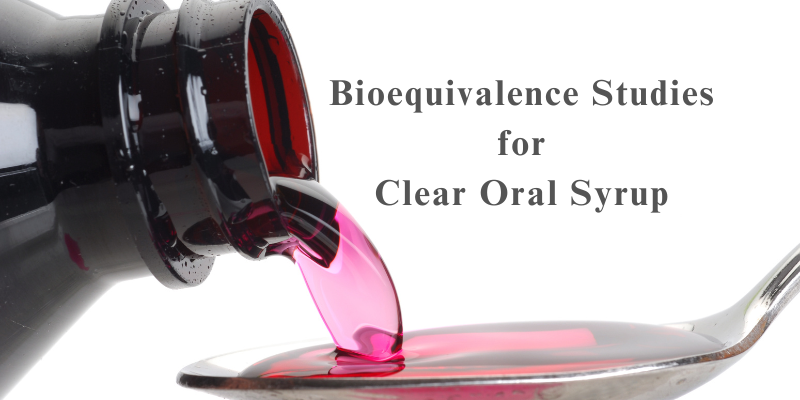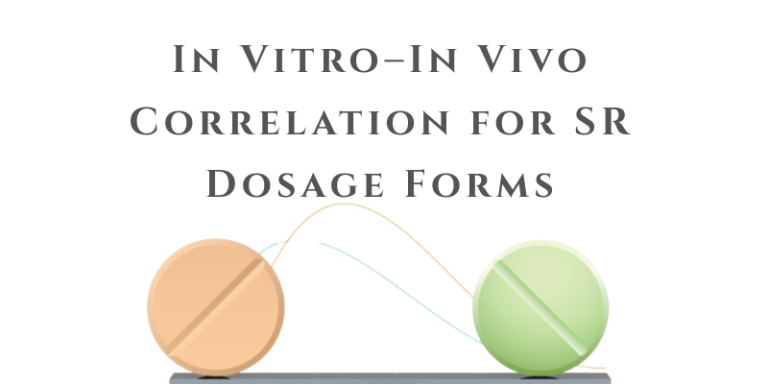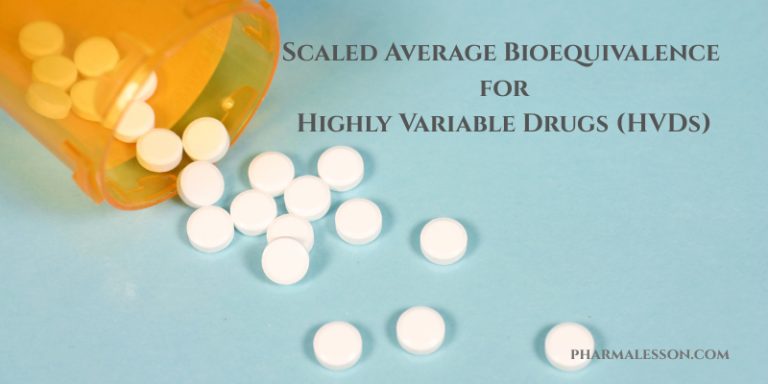Bioequivalence Studies for Clear Oral Syrup
BE studies for clear oral syrup solutions ensure that generic formulations provide the same therapeutic effect as the reference product. Unlike solid dosage forms, oral syrups are already in solution, which simplifies some BE requirements. However, factors such as excipients, solubility, and absorption characteristics can influence the need for in vivo studies.
When Are BE Studies Required for Oral Syrups?
Regulatory agencies like the U.S. FDA and the European Medicines Agency (EMA) set specific criteria for determining whether a bioequivalence study is required.
Biowaiver Eligibility
A waiver for in vivo BE studies may be granted if:
- The formulation is a simple aqueous solution with identical active and inactive ingredients to the reference product.
- The drug is classified as BCS Class I or III, meaning it has high solubility and/or high permeability.
- The pH, viscosity, osmolarity, and excipient composition do not impact absorption.
When is a BE Study Required?
- If the excipient composition differs and could affect gastric emptying, metabolism, or drug transporters.
- If the drug is BCS Class II or IV, indicating low solubility or permeability.
- If the drug absorption is sensitive to food or pH changes.
Regulatory Guidelines
FDA Guidance
- The FDA’s guidance on “Bioavailability and Bioequivalence Studies for Orally Administered Drug Products” outlines when BE studies are needed for oral solutions.
- If the test product has the same formulation and physicochemical characteristics as the reference product, in vivo BE studies may be waived.
- If excipients differ, in vivo studies may be required, especially if co-solvents or preservatives affect drug absorption.
EMA Guidance
- The EMA’s “Guideline on the Investigation of Bioequivalence” highlights the role of excipients in oral solutions.
- The presence of different co-solvents (e.g., ethanol, glycerin) may alter solubility and bioavailability.
- BE studies are generally not required if the excipients do not alter pharmacokinetics.
In Vitro Comparative Testing
For biowaivers, in vitro comparisons must show no significant differences between the test and reference products. This includes:
- pH solubility profiles
- Viscosity & osmolarity comparison
- Excipient impact studies
- Permeability evaluation for BCS Class III drugs
Special Considerations
- Preservatives & Sweeteners (e.g., sorbitol, propylene glycol) can affect gastric emptying and intestinal absorption.
- pH & Co-solvents (ethanol, glycerin) impact solubility and absorption rates.
- Osmolarity differences may alter gastrointestinal transit time, affecting bioavailability.
Conclusion
Simple aqueous syrups with identical composition may qualify for biowaivers, avoiding costly in vivo BE studies. If excipients differ or if the drug has low solubility/permeability, a PK study is necessary.
Read also:
Resource Person: Moinuddin syed. Ph.D, PMP®







